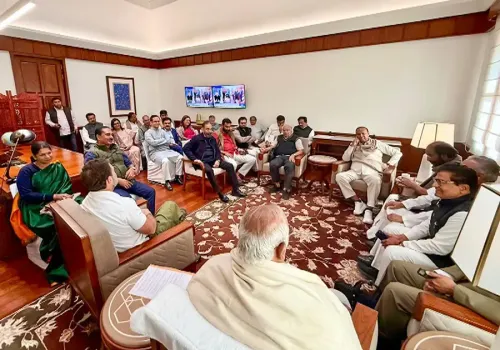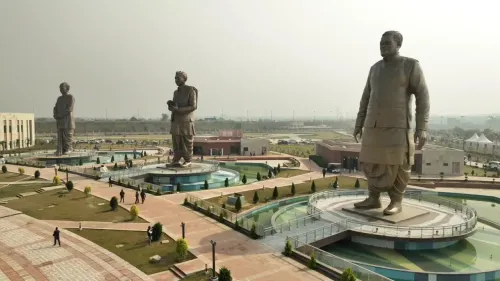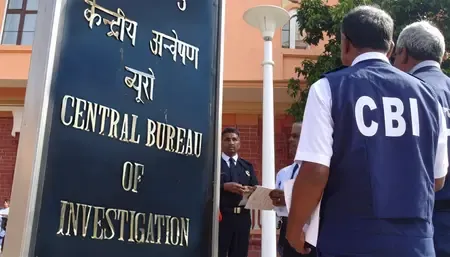Can an Innovation-Driven Ecosystem Unleash the Full Potential of Industries in Indian States?

Synopsis
Key Takeaways
- Unified innovation-driven ecosystem is essential for enterprise growth.
- Coordination between Central and state governments is crucial.
- Third-party professionals can streamline approval processes.
- States are implementing smart reforms for business efficiency.
- Best practices can be adopted across regions.
New Delhi, May 9 (NationPress) Unlocking the full potential of Indian enterprises requires a unified, innovation-driven ecosystem that enhances competitiveness, alleviates compliance hurdles, and facilitates scalability, as highlighted in a recent paper by Assocham released on Friday.
Emphasizing the vital role of MSMEs in India's economic framework, the report stresses the necessity for coordinated action between the Central and state governments to ensure their growth. The knowledge paper, titled ‘Ease of Doing Business in the Indian States’, addresses the pressing operational challenges and advocates for the adoption of global best practices.
Among the key recommendations is the involvement of third-party private professionals in the approval processes for construction, labor, factory, and fire regulations.
The paper also identifies specific strategies for streamlining processes and rationalizing the requirements for ‘No Objection Certificates’ and import/export regulations.
“To realize Prime Minister Narendra Modi's vision of Viksit Bharat, policymaking at the central level must be matched by effective implementation at the state level. Extensive consultations with stakeholders, a thorough review of the policy framework, and an analysis of implementation challenges have formed the foundation of this knowledge paper,” stated Manish Singhal, Secretary General of Assocham.
The document dissects state-specific challenges and calls for customized interventions that align with the distinct governance frameworks and economic landscapes of each region, he noted.
Several states are paving the way with intelligent reforms.
For instance, Gujarat aims to recycle 100% of treated wastewater by 2030—showcasing how business growth can align with environmental sustainability. Maharashtra is simplifying the licensing process for food and drug manufacturers by offering five-year licenses, eliminating the need for annual renewals, as reported.
West Bengal is reducing logistics expenses by permitting larger container trucks near ports, while Jharkhand is assisting startups in obtaining collateral-free loans and facilitating their supply to government entities.
“Numerous best practices detailed in this report can serve as replicable models for others,” concluded Assocham in its comprehensive 52-page knowledge paper, prepared with insights and analytical support from The Convergence Foundation, which identified key priority areas.










